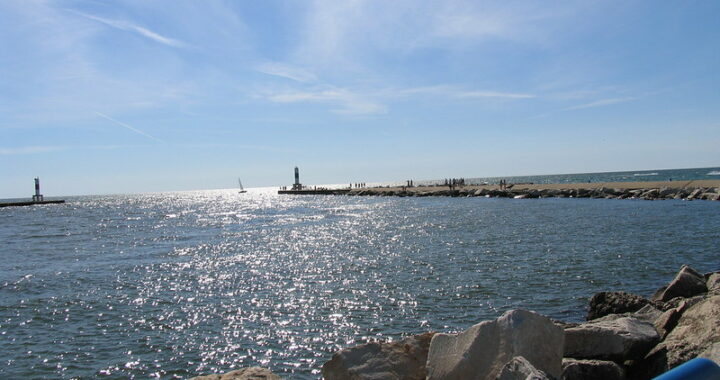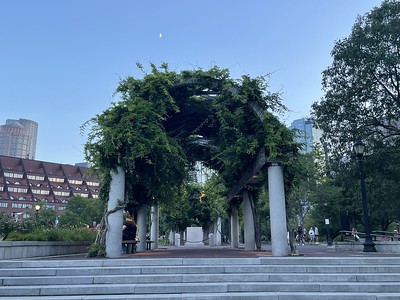From Anxious Thoughts to Mindful Moments: Five Top Ways to Transition From Anxiety to Mindfulness
by Wendy Love Edge
In today’s digitally-driven world, the barrage of notifications and unending deadlines can lead to a large amount of stress and anxiety. The wave of unease with a full and chatter filled mind becomes a common state for many. This makes the need to discover effective strategies to transition from overwhelming anxiety to moments of mindfulness paramount. Fortunately, there are proven techniques that have helped thousands reclaim their peace. 5
5 Top Ways to Transition from Anxiety to Mindfulness:
Mindfulness Meditation: Delve into the practice of mindfulness meditation. It’s a transformative method that grounds you in the present, steering clear of future worries or past regrets. Regular practice can fortify your mental resilience against stressors.
Establish a Routine: A predictable routine can offer a comforting structure for your mind. Whether it’s setting a fixed bedtime, or dedicating time each morning to deep breathing, routine can be an anchor for your day that puts your mind at ease.
Limit Stimulants: Cut down on caffeine and sugar. These stimulants can exacerbate anxiety levels, so moderating intake can pave the way for calmer days.
Use Grounding Exercises such as the 54321 method. This is a method of grounding that places you in the present moment while focusing on the 5 senses. It works like this: State out loud or to yourself 5 things you can see, 4 things you can touch, 3 things you can hear, 2 things you can smell, and 1 thing you can taste. It can help in almost any situation to bring you to the present and reduce feelings of anxiety.
Practice meditation regularly such as progressive muscle relaxation. Tense and then relax each muscle group systematically from your toes to your head. It is also important to use diaphragmatic breathing along with your meditation focusing on long breathes to stimulate the rest and refresh part of your nervous system.
To sum it up, while the storm of anxiety might seem relentless, calming the mind is attainable. Each individual’s journey might differ, but with commitment, patience, and the right tools, anyone can transition from a whirlwind of anxious thoughts to a calmer state with mindful moments.
To find more tips, join us Sunday, Monday, Tuesday, and Thursday evening on YouTube @theedgeshowtv https://youtube.com/@TheEdgeShowTV?si=4_8E73_gJBkcdtoyat
9 PM Central, 10 PM Eastern to learn more and practice with like-minded individuals various tools to reduce stress, decrease anxiety and improve mindfulness for a good nights sleep.
For other inquiries about services go to:
Source: From a Anxious Thoughts to Mindful Moments: Five Top Ways to Transition From Anxiety to Mindfulness

















